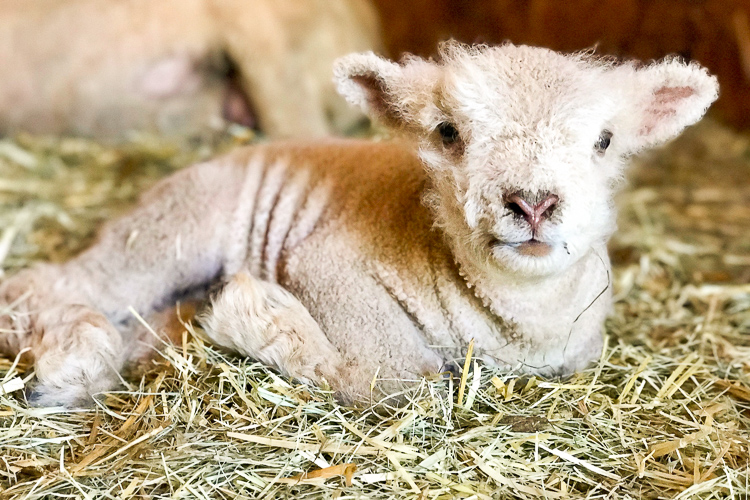Home > Farm > Agritourism > Babydolls, Blooms and Beauty: A Trip to 1818 Farms in Alabama
Babydolls, Blooms and Beauty: A Trip to 1818 Farms in Alabama
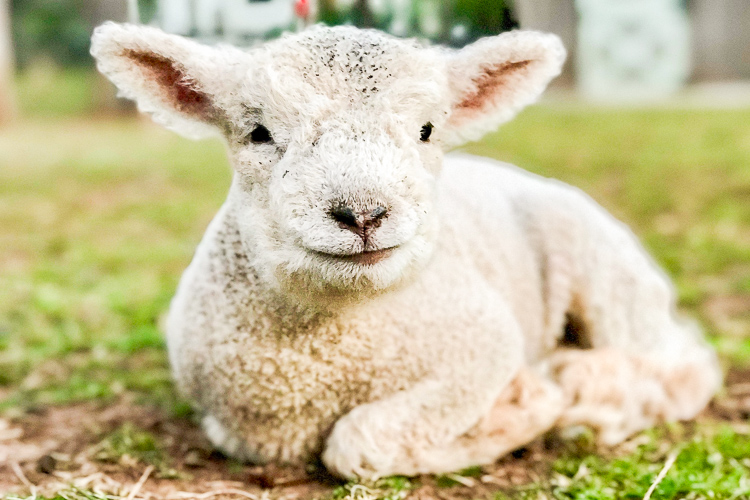
It all started back in 2011 when one of Natasha McCrary’s three children fell in love with a babydoll sheep while on a family vacation in North Carolina. “He kept talking about these sheep, so we started researching them,” says McCrary.
She and her husband, Laurence, live in the tiny town of Mooresville, Alabama (population: 58), where the McCrarys first settled in the early 19th century. Their children are the sixth generation to live in their home, which was built in 1826.
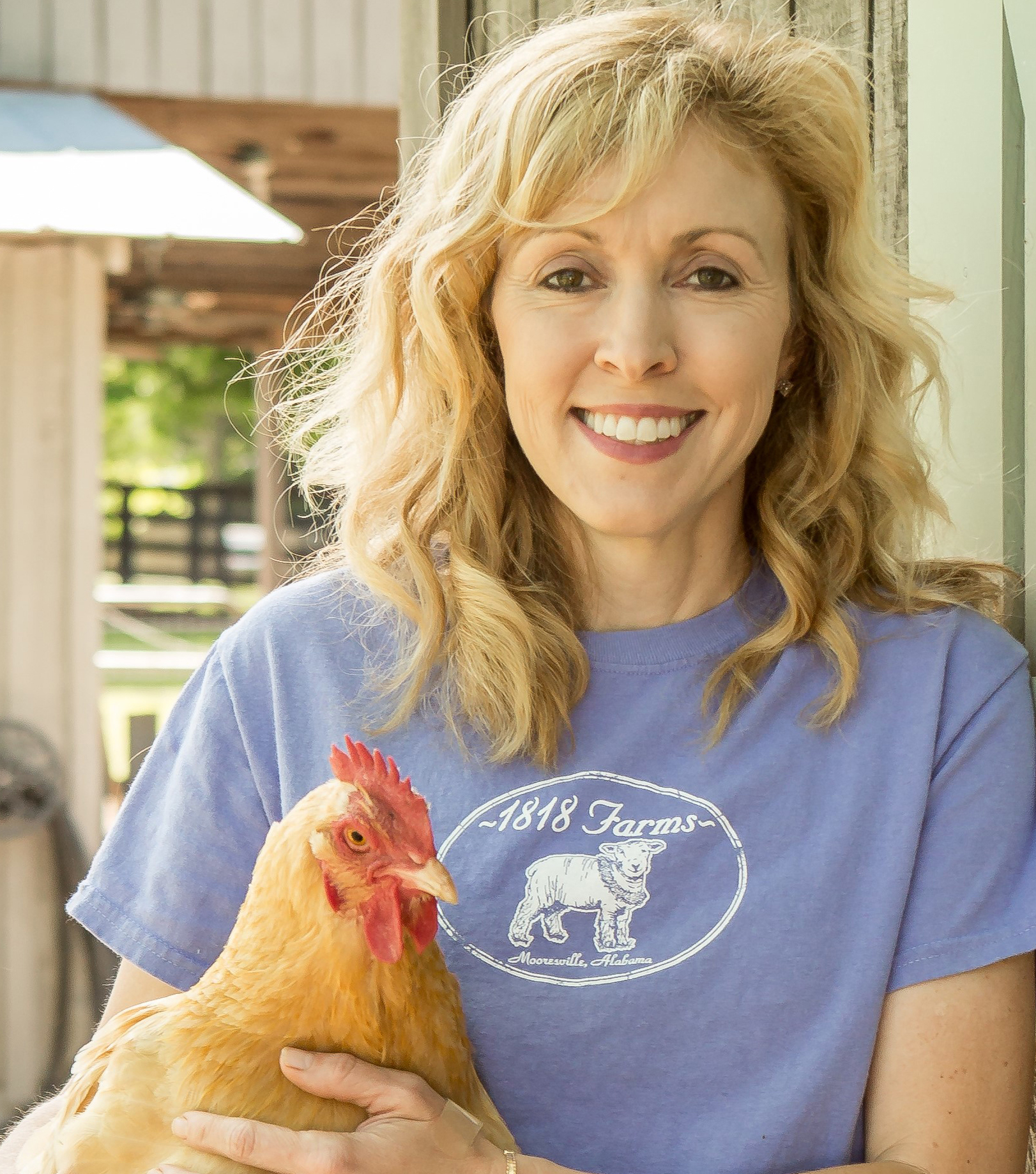
The family had been experimenting with a small home vegetable garden, and McCrary was ready for a career change. After learning more about babydolls, the idea for 1818 Farms was born.
“We were really trying to design a family project where we could teach our kids about sustainability and keep them outdoors,” McCrary says.
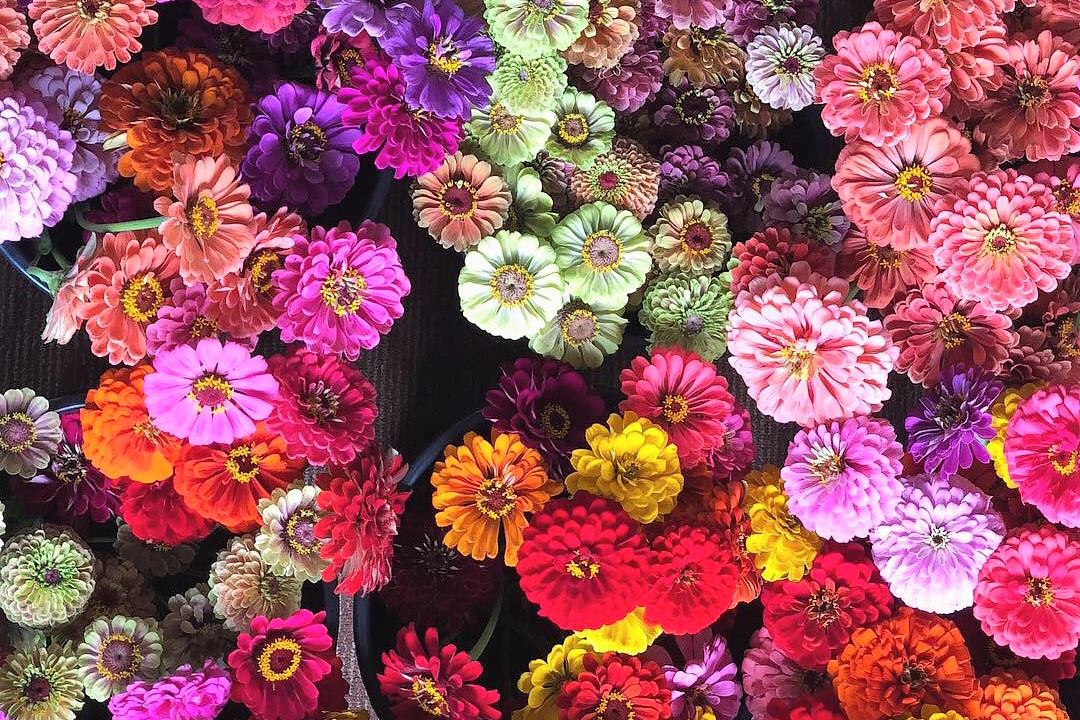
From Flowers to Flocks
They broke ground on the 3-acre farm in 2012, and began growing flowers and produce that McCrary would sell at several local farmers markets (look for the baby-blue 1965 Ford F100 flower truck at local markets from April through October). That same year, they also became sheep parents – starting with a flock of four they obtained via farms in Kentucky and Tennessee.
Originating in England, babydoll sheep were almost extinct in the late 1980s, with only about 350 of them remaining. A gentleman named Robert Mock began a registry to preserve the breed, and today, flocks are thriving – and their adorable faces are hard to resist.
“They look like precious, smiling teddy bears,” says McCrary. Most of the babydoll sheep they own now were born on 1818 Farms, so they’re also very friendly, she adds.
See more: All the Buzz: Honeybees are Vital to Alabama’s Agriculture
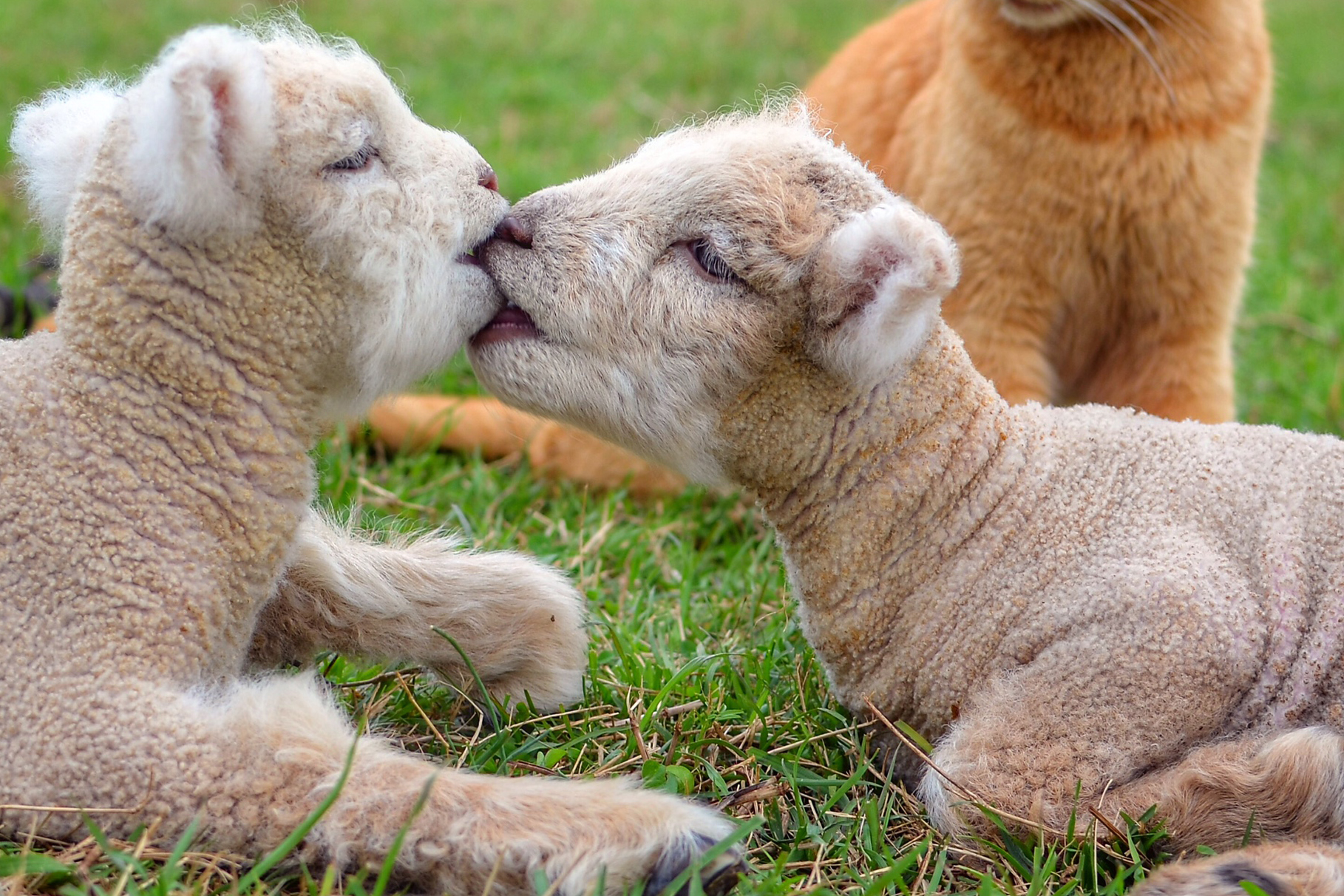
Currently, the McCrarys have 17 adult sheep. They birthed seven lambs this spring, yet most of them have gone to farms in Alabama, Kentucky, Mississippi and Tennessee. Though they have a waiting list of individuals wanting to purchase their babydoll lambs, primarily to keep them as pets or show as 4-H animals, McCrary has a lengthy process for evaluating potential placements.
“People see them and think they’re so cute, but you need to have someone who can shear them and a small ruminant vet who can treat them,” she says. “They need to be not just prepared for daily care, but long-term care.”
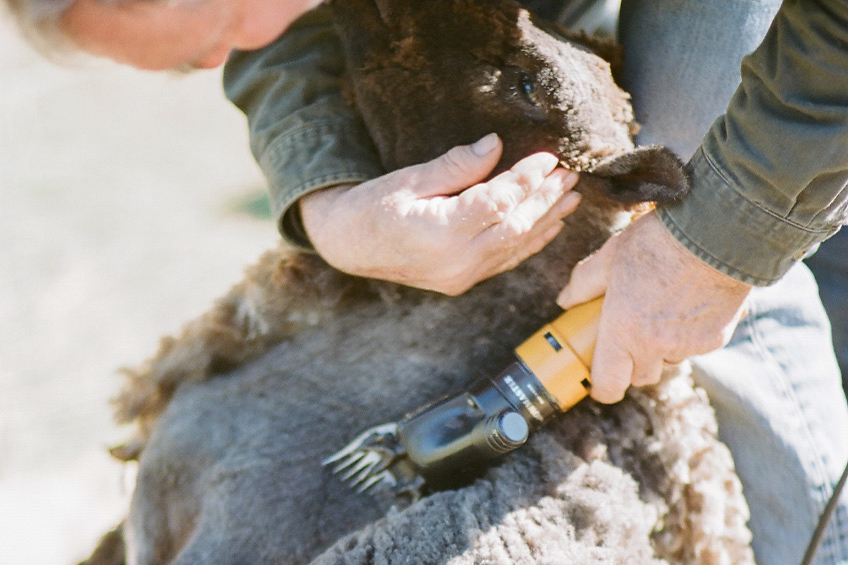
The sheep at 1818 Farms are sheared once a year, usually around March 25. Even if it’s only 60 degrees, the animals get very hot due to their thick fleece – which can be 3 to 5 inches long. Babydoll fleece is very unique in that it’s “springier” than most types of wool, says McCrary. It also has more barbs per inch than many others (making it blend well with various fibers). The nature of the fleece also attracts fiber artists, who spin wool by hand.
See more: Warm Up to Wool Farm Facts
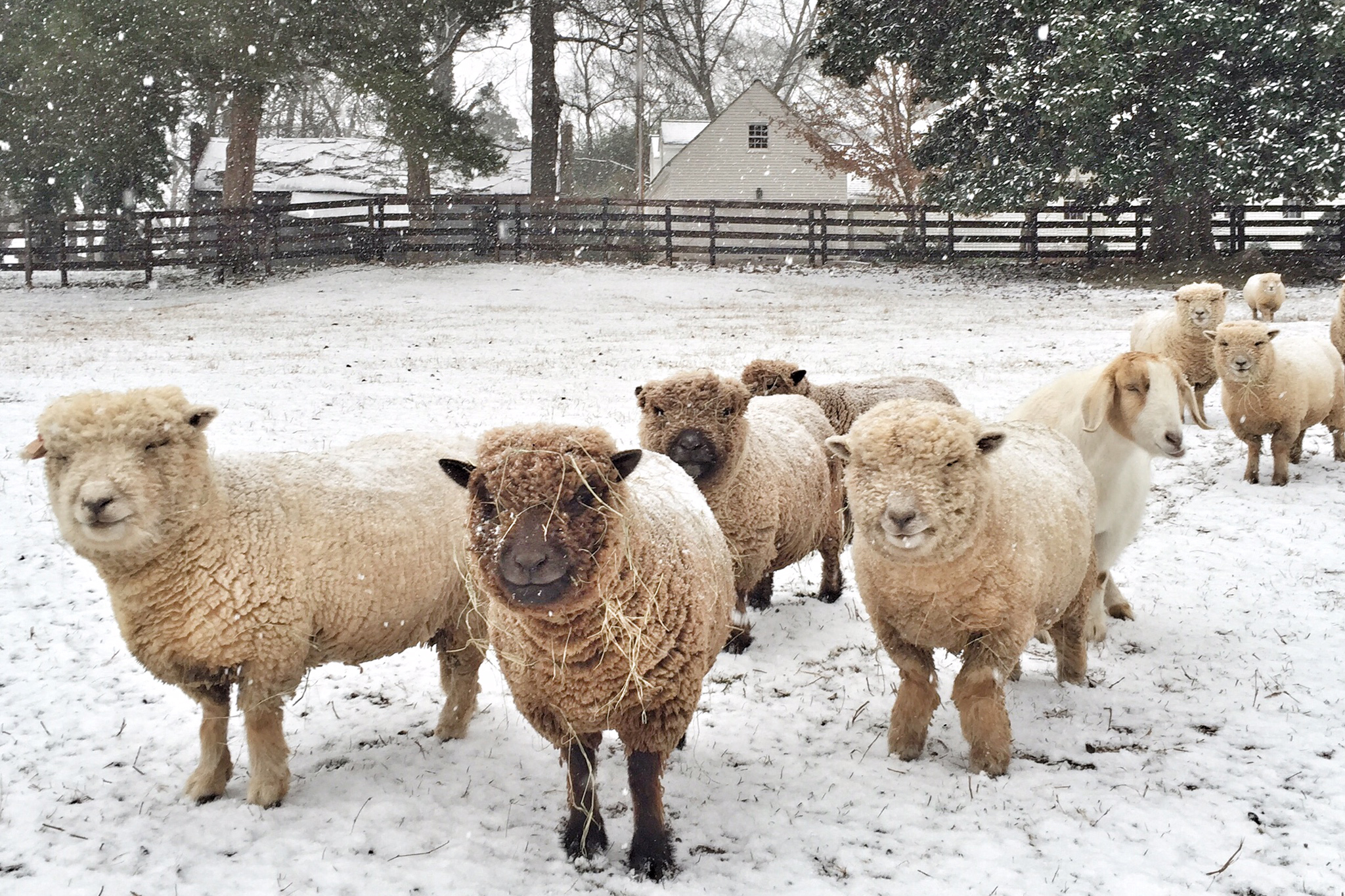
The McCrarys implement rotational grazing methods, which help control the vegetation growth on the farm. Priscilla, LuLu, Static, Elvis, Daisy and Buttercup – members of the babydoll crew – mainly eat grass and hay, plus a tiny bit of grain. A true treat, however, comes in late autumn, when McCrary asks locals to donate their pumpkins.
“They’re like cotton candy for sheep,” she says. “They baa and baa and want all the pumpkins. They come up with orange fleece from putting their head inside.”
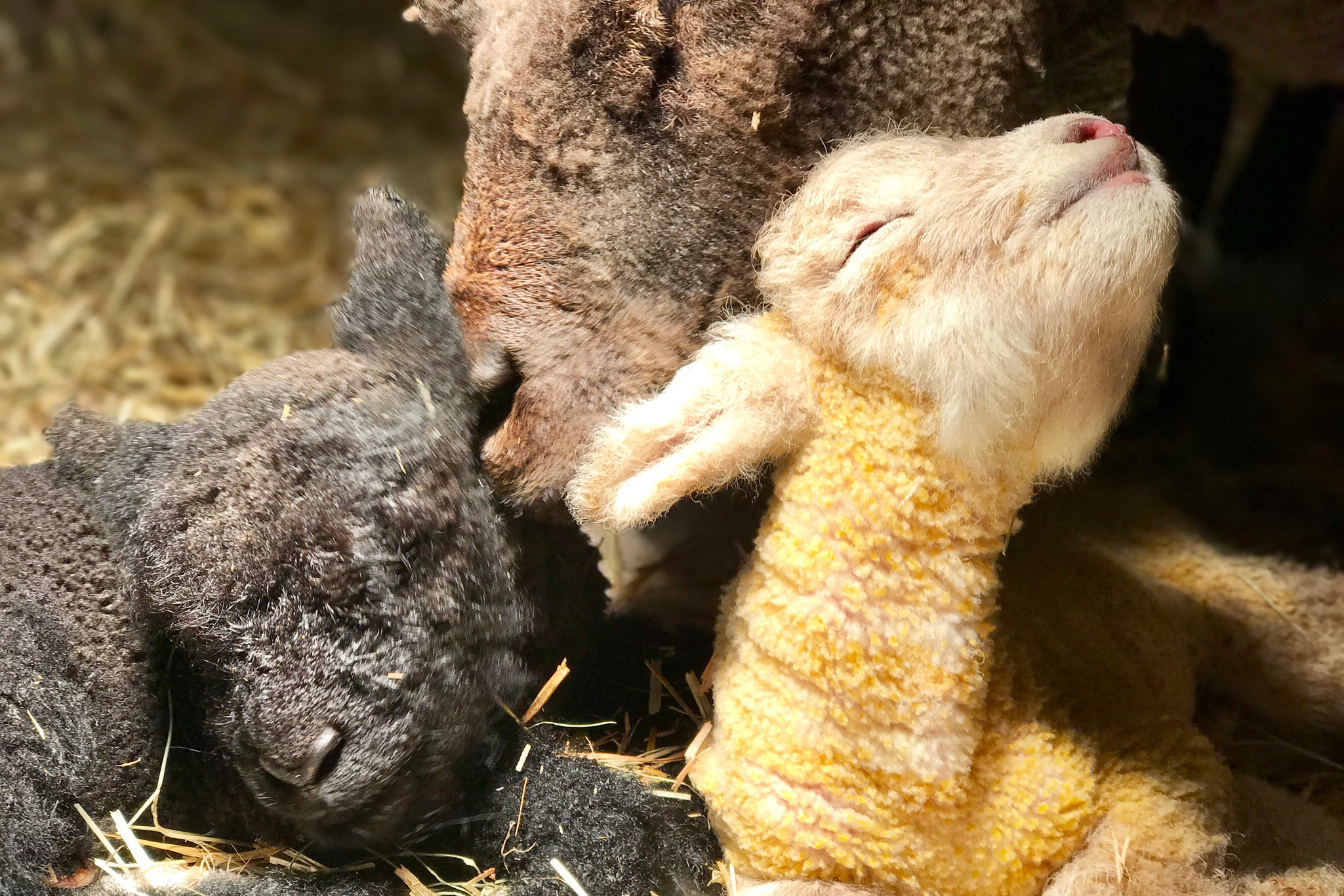
Beyond Babydolls
In addition to babydoll sheep, 1818 Farms is also home to chickens, pigs, a goat and two Great Pyrenees dogs, who do an excellent job of protecting the entire farm, which borders a wildlife refuge. McCrary also runs an impressive beauty business, selling products like shea crème in more than 400 stores around the country.
The idea for these products was born out of necessity, as a way to make income in the winter months when the garden and flower business were dormant, says McCrary. In 2013, she began making soap with leftover dried lavender they’d grown. That led to developing more products that McCrary herself needed, such as cuticle balm and the top-selling shea crème (made with only shea butter and coconut oil), which helps soften dry hands from working outside.
See more: Alabama Agritourism Offers Unique Fun
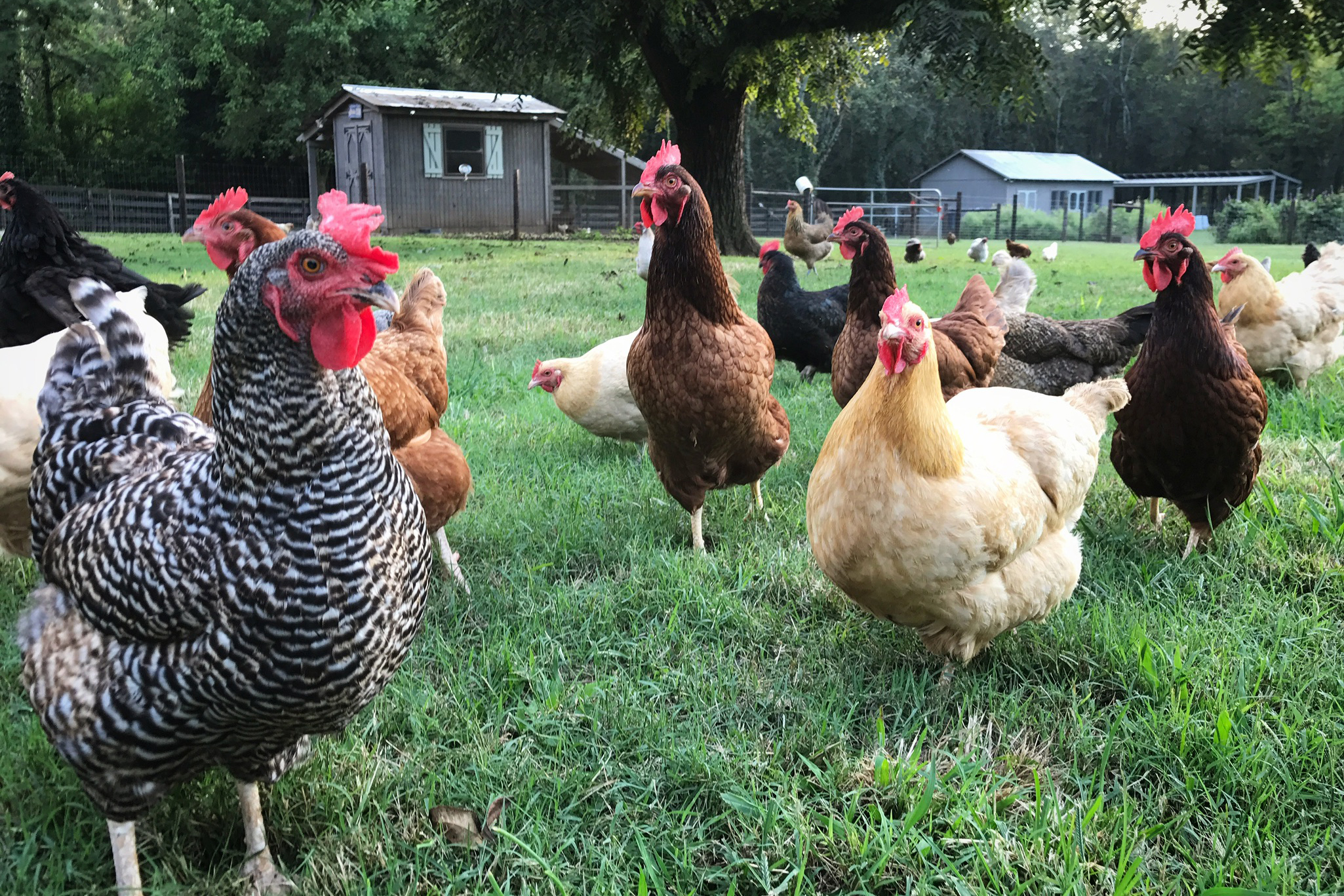
Though the packaging bears a label with a babydoll lamb, McCrary doesn’t use any animal-derived ingredients in her products. There are no preservatives in any of the items, either. “We try to have simple ingredients, where the customer can pick it up, read the label and know what’s in there,” she says.
1818 Farms products, most bearing the lamb insignia, are sold online and range from themed beauty boxes to lip balm, serums, bath salts, candles, pet collars, gift boxes, T-shirts, baby items and more. Most recently, McCrary added a journal featuring farm photos, and says they may expand into more paper goods. To locals within a small radius of Mooresville, McCrary even offers an annual bouquet subscription. The service includes six fresh, hand-gathered bouquets delivered to customers’ door along with a flower truck T-shirt.
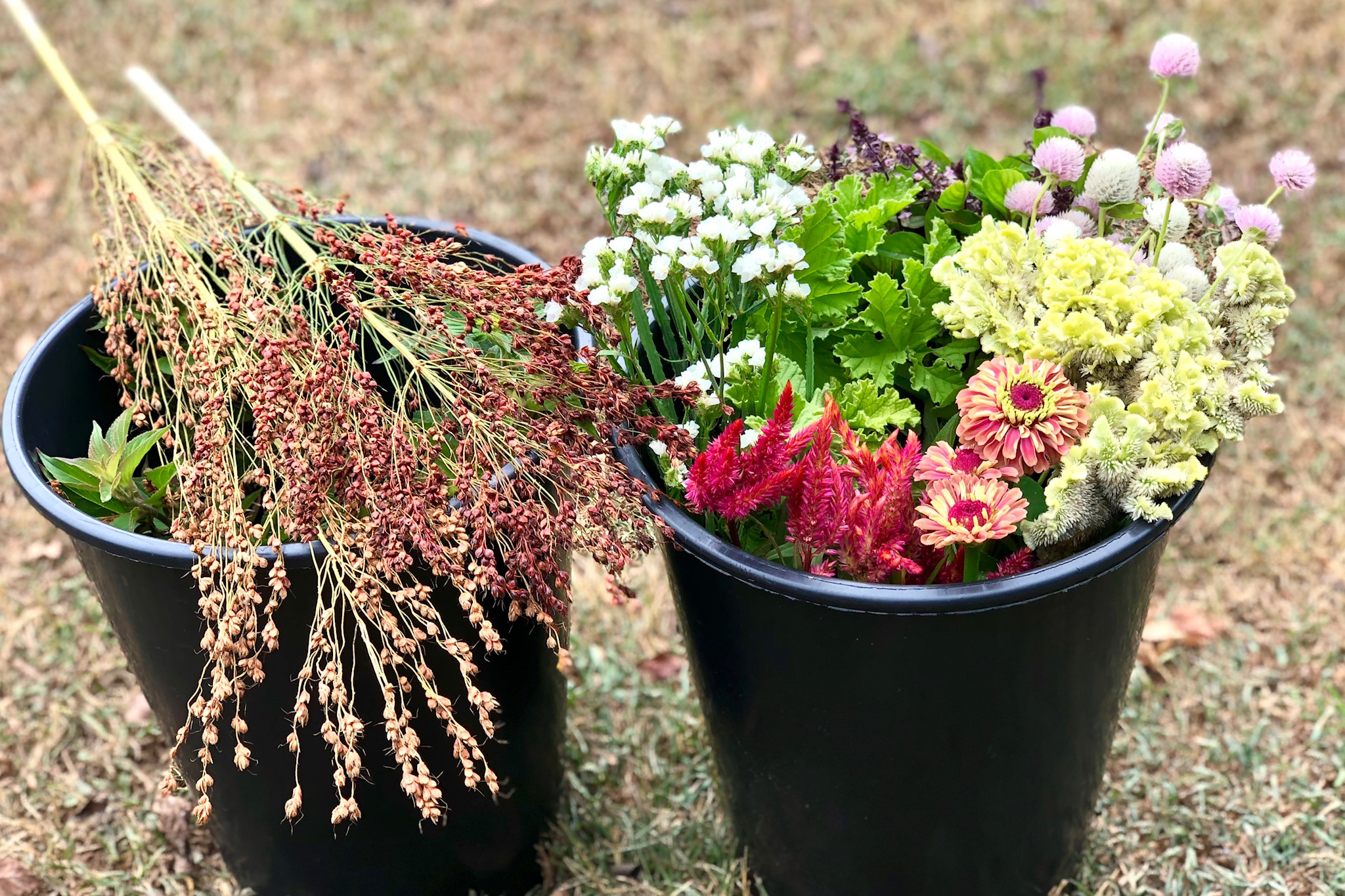
As 1818 Farms continues to grow, McCrary focuses on being as true to her roots as possible. She credits the growth largely to social media, where she shares real-time photos and videos of the animals and flowers. “We give people an outlet to experience the day in and day out on a farm,” she says. “We’re pretty authentic in that, we just share what happens.”
Of course, some of that is just the nature of the business, too. “You cannot pose a farm animal,” jokes McCrary. “It has to happen organically.”
